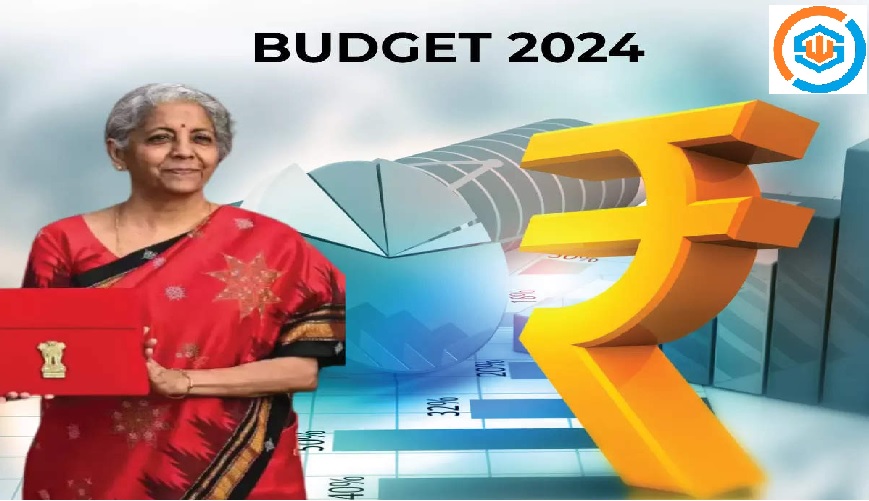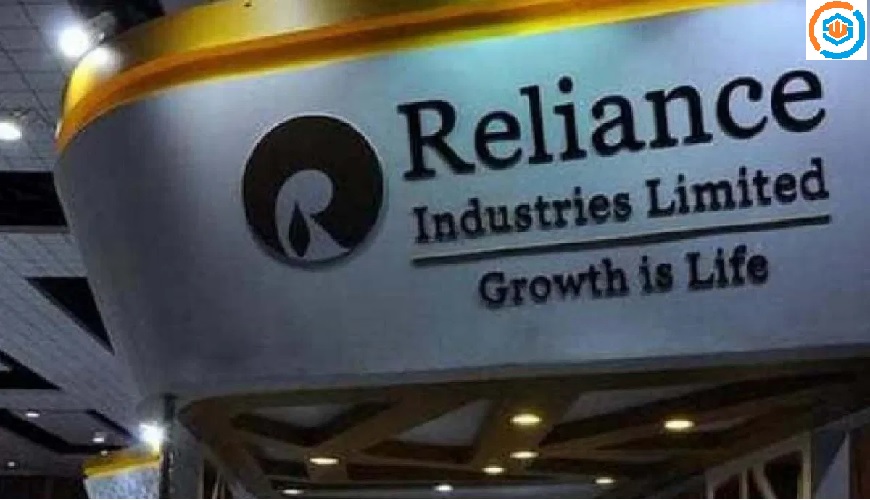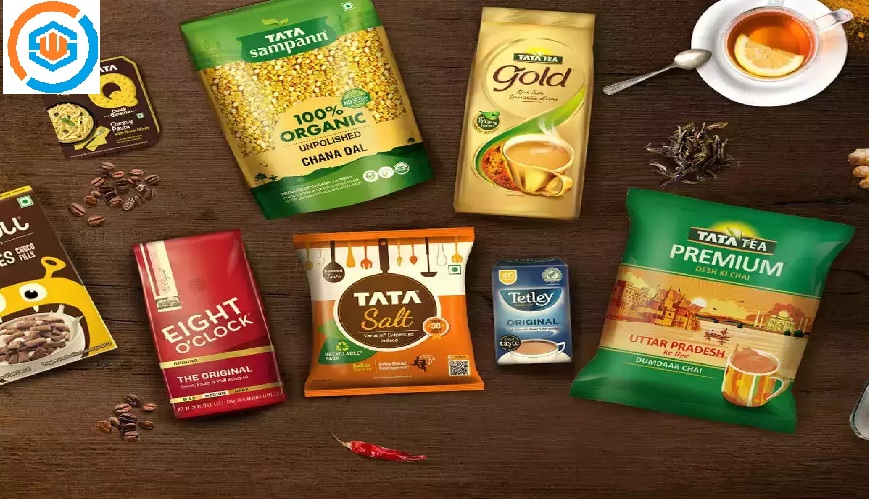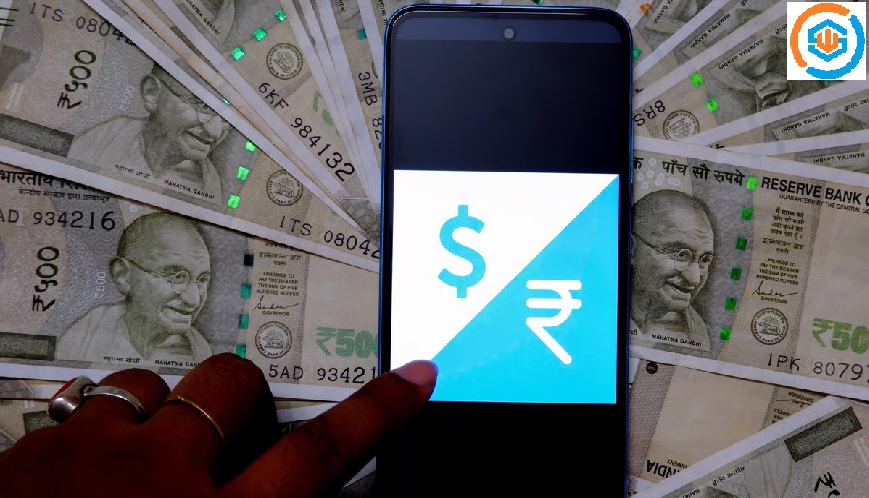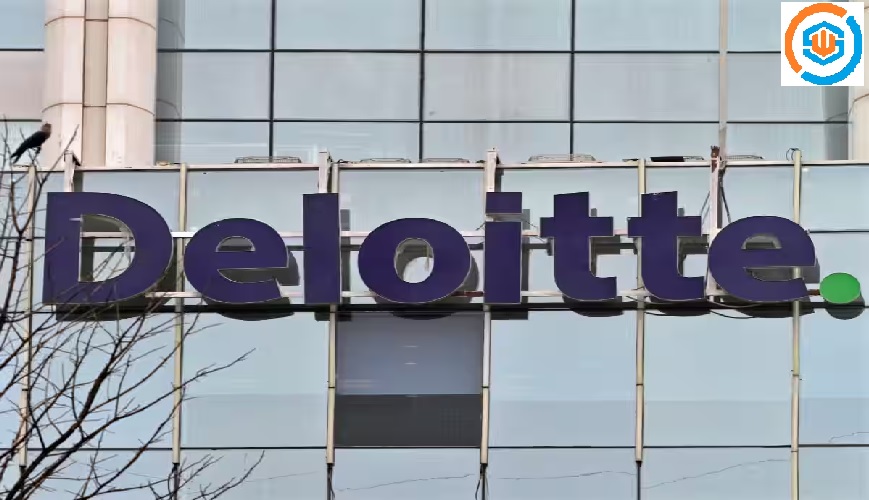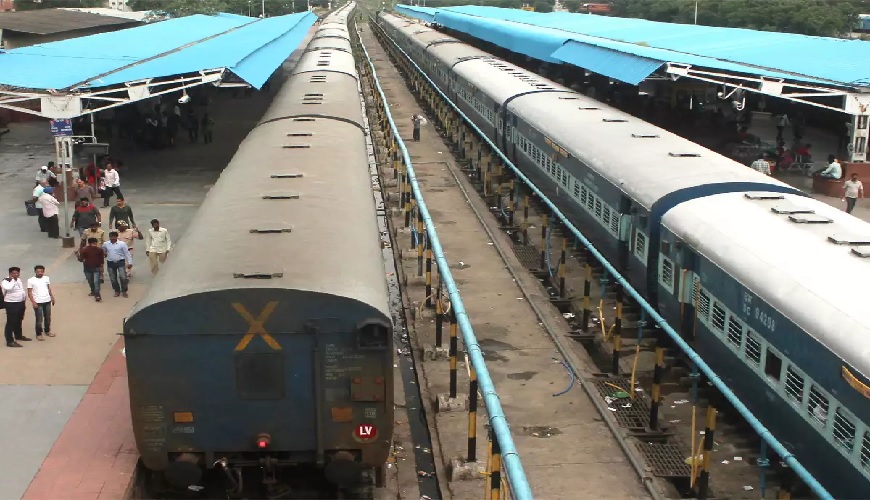
- 26 Dec
- 2020
2020: A glimpse of life without trains as Railway fight odds to keep India's lifeline running
2020: A glimpse of life without trains as Railway fight odds to keep India's lifeline running
The year 2020 showed India a glimpse of how life would be without trains.
As the coronavirus lockdown was announced on March 24, the Railways for the first time in its 167-year-old history shut down all its services.
People stranded across the country and who usually looked to the Railways to ferry them home, were left without their lifeline. Some, like the thousands of migrant workers, took to the streets choosing to walk to their landing place.
As the Railways directed its resources towards carrying essentials across the country, lakhs of tickets were cancelled during the summer holidays -- something unheard of in rail history.
It was on May 1 that the wheels of trains started chugging again. This time, to ferry migrant workers home. Between May 1 and August 30, the Railways ferried 63.15 such workers home across 23 states in over 4,000 Shramik Special trains, not only bringing huge relief to the stranded migrants, but also hope for the anothers that their lifeline was down, but not out.
It was, however, the Shramik Special trains which saw the Railways being criticised by the Opposition parties over the fares being charged from the migrant workers. While the Railways said that it did not charge a penny from the workers and spent extra than Rs 2,000 crore on their transportation, the politics over the issue continued.
"What do trains mean for me? They mean hope, joy and also a sense of routine. For 25 years, I have taken the same route home to Bihar to be with my family after months of being away from them. That's what they mean to me, they get me to my family.
"Every year, I would book tickets around the same time to go home. This year it did not happen and I feel a sense of loss that something that was part of life could very easily be taken away," said Jitender Kumar, a security guard working in Noida.
Currently, the Railways is operating 1,089 special train services, while Kolkata Metro was running 60 per cent of its services, Mumbai suburban was running on 88 per cent and 50 per cent of Chennai suburban services were in operation. Railway Board Chairman and CEO VK Yadav agreed that it was a tough year for the national transporter, but also highlighted how it innovated and used the crisis as an opportunity.
"This year has been of grit and victories for Indian Railways. Faced with daunting and unprecedented COVID-related challenges, Indian Railways has not only been able to keep the national supply chain running and move millions of people back home in most adverse circumstances, but has also been able to realise the potential of its workforce, which driven to the wall has come out with innovative solutions," Yadav told .
"The Railways used COVID as a challenge and has been able usher in an unprecedented growth in development of infrastructure, innovation, capacity enlarge of network, freight diversification and transparency matters. Railways has this crisis as an opportunity to lay the foundation for future development and next level of travelling experience for passengers," said Yadav.
Looking forward, he said plans have been made to meet both infrastructure and traffic requirements till the year 2050.
A National Rail Plan (NRP) 2030 has been developed with a view to develop infrastructure by 2030 to cater to the traffic demand up to 2050. Based on the NRP, a Vision 2024 document has been prepared to develop infrastructure by 2024 to enhance modal share of Railways in freight transportation to more than 40 per cent and to cater to the traffic need up to 2030.
However, there are two key issues on which the Railways is at loggerheads not only with its own officers and unions, but also political parties.
While in 2020 the size of the Railway Board was reduced and it has been reoriented on functional lines, the decision to unify the eight organised Group 'A' services into one service under the Indian Railway Management Service (IRMS) has drawn a lot of flak. The modalities for recruitment of officers into IRMS and union of the existing services are being worked out.
Another issue on the Railways' decision to introduce 151 modern passenger trains operated by private players over 109 routes has resulted in both unions and Opposition parties accusing the national transporter of selling national assets.
While Kumar does not understand the implications of either the reorganisation of cadres or running of private trains, he does, however, know that a glance of a life without trains meant moments away from loved ones.
Note: - As every caution has been taken to provide our readers with most accurate information and honest analysis. Please check the pros and cons of the same before making any decision on the basis of the shared details.

